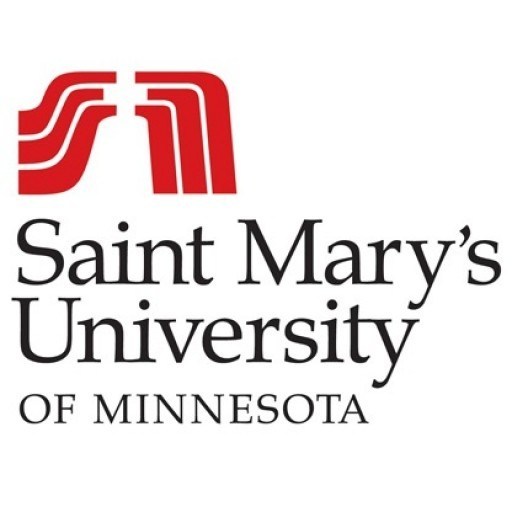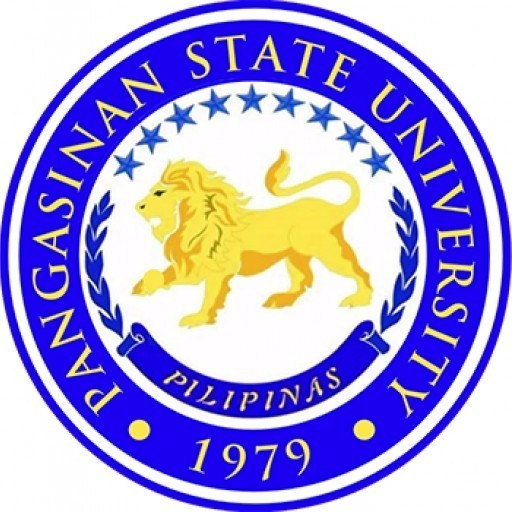The Bachelor of Science in Astrophysics at Saint Mary's University offers students an in-depth understanding of the fundamental principles governing the universe. This interdisciplinary program combines physics, mathematics, and astronomy to explore celestial phenomena, from the behavior of stars and galaxies to the underlying cosmological theories that explain the origin and evolution of the universe. Designed for students passionate about understanding the cosmos, the program prepares graduates for careers in research, data analysis, and technological development within the fields of astrophysics and space sciences. Throughout the program, students gain hands-on experience through laboratory work, observational projects, and computer simulations, working with advanced telescopes and data analysis software. The curriculum covers core topics such as classical mechanics, electromagnetism, quantum mechanics, thermodynamics, and stellar astrophysics, while offering specialized courses in cosmology, planetary science, and astrophysical instrumentation. Faculty members are active researchers who provide mentorship and foster an environment of inquiry and innovation. Opportunities for internships and collaborations with astronomical observatories and research institutions enhance practical skills and professional development. The program emphasizes critical thinking, problem-solving, and quantitative analysis, equipping graduates with the technical expertise and scientific mindset necessary for graduate studies or careers in astrophysics, space exploration, aerospace engineering, and related fields. Upon completion, students will be prepared to contribute to scientific discoveries, technological advancements, and educational initiatives in understanding the universe. The Bachelor of Science in Astrophysics at Saint Mary's University is ideal for students eager to explore the mysteries of the cosmos and to participate in cutting-edge scientific research.
The Bachelor of Science in Astrophysics at Saint Mary's University is a comprehensive program designed to immerse students in the fundamental principles and advanced topics related to the universe. The curriculum combines rigorous coursework in physics, mathematics, and astronomy, providing a solid foundation for understanding celestial phenomena, cosmic structures, and the underlying physical laws that govern the universe. Students will explore topics such as classical mechanics, electromagnetism, thermodynamics, quantum mechanics, and statistical mechanics, all within the context of astrophysical applications. The program emphasizes both theoretical understanding and practical skills, enabling students to analyze observational data, utilize modern astronomical software, and develop experimental techniques.
Throughout the degree, students have opportunities to engage in research projects, often collaborating with faculty members on current astrophysical investigations, including star formation, galaxy evolution, black holes, and cosmology. The program also offers access to advanced astronomical instrumentation and observatories, allowing students to gain hands-on experience in data collection and analysis. coursework in computational physics and numerical methods prepares students to simulate astrophysical phenomena and interpret complex datasets. In addition, the program encourages interdisciplinary learning, integrating physics with other sciences such as chemistry and computer science to foster a well-rounded scientific perspective.
Students are encouraged to participate in internships and cooperative education placements to gain practical industry experience, which can be valuable for careers in research, aerospace, data analysis, or education. The Bachelor of Science in Astrophysics at Saint Mary's University aims to prepare graduates for either further study in graduate or professional programs or entry into science-related careers. Graduates will possess strong analytical, problem-solving, and research skills, along with an understanding of the universe's fundamental processes. The program nurtures critical thinking and curiosity, motivating students to contribute to our understanding of the cosmos and to pursue innovative scientific endeavors.
Program requirements for the Bachelor of Science in Astrophysics at Saint Mary's University typically include the completion of core science and mathematics courses such as introductory physics, calculus, and general chemistry. Students are expected to take specialized courses in astrophysics, including stellar astronomy, galactic astronomy, and cosmology, alongside laboratory work and research projects. Mathematics requirements generally encompass advanced calculus, differential equations, and possibly numerical methods to support data analysis and modeling skills necessary for astrophysics. Students may also need to complete general education requirements, including courses in humanities and social sciences, to ensure a well-rounded academic background. Admission prerequisites generally involve a strong background in mathematics and science at the high school level, including calculus and physics. Some programs may require a minimum GPA or standardized test scores such as the SAT or ACT. Throughout the program, students are encouraged to participate in research internships, attend seminars, and collaborate with faculty to gain practical experience in observational and theoretical astrophysics. The curriculum is designed to develop analytical, quantitative, and problem-solving skills, preparing graduates for careers in research, education, or industry related to astronomy and space sciences. Additionally, students may need to complete a capstone project or thesis in their final year, demonstrating their ability to conduct independent research. The program emphasizes the development of critical thinking and communication skills, enabling graduates to effectively convey complex scientific concepts. Requirements may also include participation in departmental workshops and events to foster community engagement and professional development. International students are usually required to demonstrate proficiency in English through standardized tests such as TOEFL or IELTS. Overall, the program aims to provide a comprehensive education in astrophysics, combining theoretical knowledge with practical application, ensuring graduates are well-equipped for advanced studies or employment in related fields.
The Astrophysics program at Saint Mary's University offers a range of financing options to support students throughout their studies. Undergraduate students enrolled in the program can take advantage of various scholarships, bursaries, and financial aid packages available through the university. Entrance scholarships are awarded based on academic performance, providing an initial financial boost for new students entering the program. Additionally, there are merit-based scholarships for continuing students who maintain high academic standards in their coursework related to astrophysics and related sciences.
Saint Mary's University also provides need-based bursaries designed to assist students with demonstrating financial hardship. These bursaries do not require repayment and are awarded based on an assessment of the student's financial situation, ensuring that capable students have access to quality education regardless of their economic background. Students are encouraged to apply early for these bursaries and to submit all required documentation to be considered for funding.
Apart from university-sponsored awards, students may explore external scholarships and grants offered by government agencies, private foundations, and industry partners. These external sources often have specific eligibility requirements, such as residency, academic achievement, or intended employment in the field of astrophysics or related sciences after graduation.
Work-study programs available at Saint Mary's University provide opportunities for students to gain practical experience and earn income while studying. These programs link students with part-time employment on campus, in roles that sometimes relate to their academic pursuits in physics and astronomy, enabling them to support their educational expenses while developing professional skills.
Loan programs are also accessible through provincial and federal student aid schemes, allowing students to finance their education with manageable repayment terms after graduation. The Canada Student Loan Program and provincial loan schemes are typical options for students enrolled in the astrophysics program, helping to cover tuition fees, books, living expenses, and other costs associated with higher education.
International students pursuing the astrophysics program can also access specific scholarships and financial aid options designed for international students. These are generally merit-based and require applicants to demonstrate academic excellence and a strong interest in astrophysics research.
Students are advised to consult the Saint Mary’s University Financial Aid Office early in their academic journey to understand the full scope of available financing options, application procedures, deadlines, and eligibility criteria. The university is committed to supporting students financially so they can focus on their academic goals and scientific pursuits in astrophysics. In addition, students are encouraged to seek external funding opportunities to supplement their financial aid package, further easing their economic burden and enabling full participation in all educational activities related to their program.
Astrophysics at Saint Mary's University offers students an in-depth understanding of the fundamental principles governing celestial bodies and the universe. The program is designed to provide a comprehensive education in both theoretical concepts and practical applications, preparing graduates for careers in research, academia, or industry-related sectors. Students enrolled in the Astrophysics program have the opportunity to study various subjects, including classical mechanics, electromagnetism, thermodynamics, quantum physics, and observational techniques. The curriculum emphasizes hands-on experience through laboratory work, research projects, and possibly internships, enabling students to develop essential skills such as data analysis, scientific communication, and critical thinking. Saint Mary's University supports aspiring astrophysicists with access to modern laboratories and astronomical observation facilities, fostering an environment that encourages curiosity and innovation. The program may also facilitate collaboration with faculty members involved in ongoing research projects, providing students with valuable mentorship and practical insight into current challenges and advancements in the field. Graduates of the Astrophysics program are equipped to pursue further studies at the graduate level or to enter professional careers in astronomy, space science, or related disciplines. The university's strong community and academic support services aim to help students succeed academically and personally throughout their university journey. Overall, Saint Mary's University's Astrophysics program prepares students with a solid foundation in physical sciences and the necessary skills to explore and understand the universe deeply.

